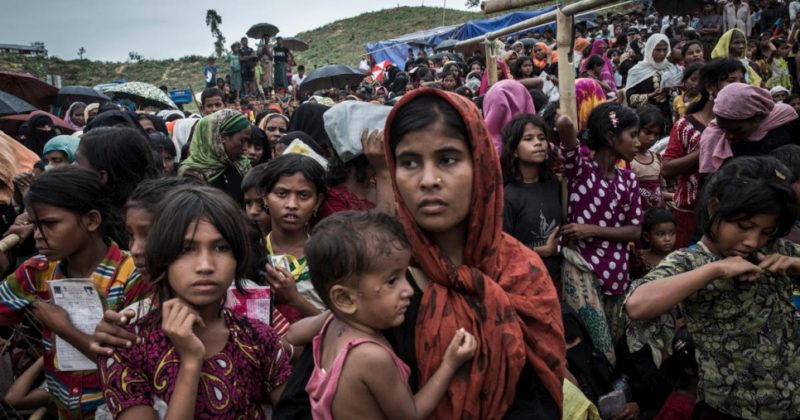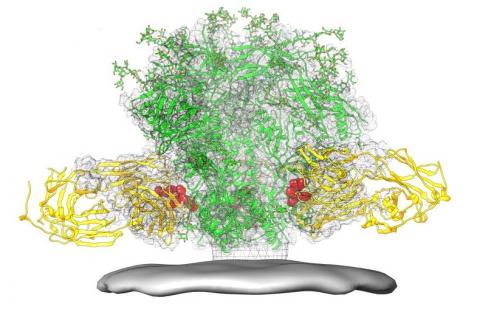
Burundi ban denies expectant teens their right to education
Burundi recently announced a ban that will prevent pregnant girls and expectant fathers from attending formal schooling, sparking immediate backlash from human rights groups and other advocates. In a letter to local educators and authorities, the east African nation's minister of education instructed that pregnant teens and young mothers, as well as the boys that impregnate them, would no longer be permitted to attend public and private schools. The students would, however, be allowed to receive vocational or professional training. Advocates have expressed opposition to the ban, arguing that the policy will disproportionately harm teenage girls as it will be difficult to identify and prove fatherhood. "How does the government prove that Boy A impregnated Boy B?" asked human rights lawyer Naitore Nyamu-Mathenge of gender justice organization Equality Now. "This ban disproportionately affects girls and it is skewed towards an abuse of the girls' rights to education," she said. Nyamu-Mathenge stressed the importance of girls' education, adding that denying girls education could lead to...









